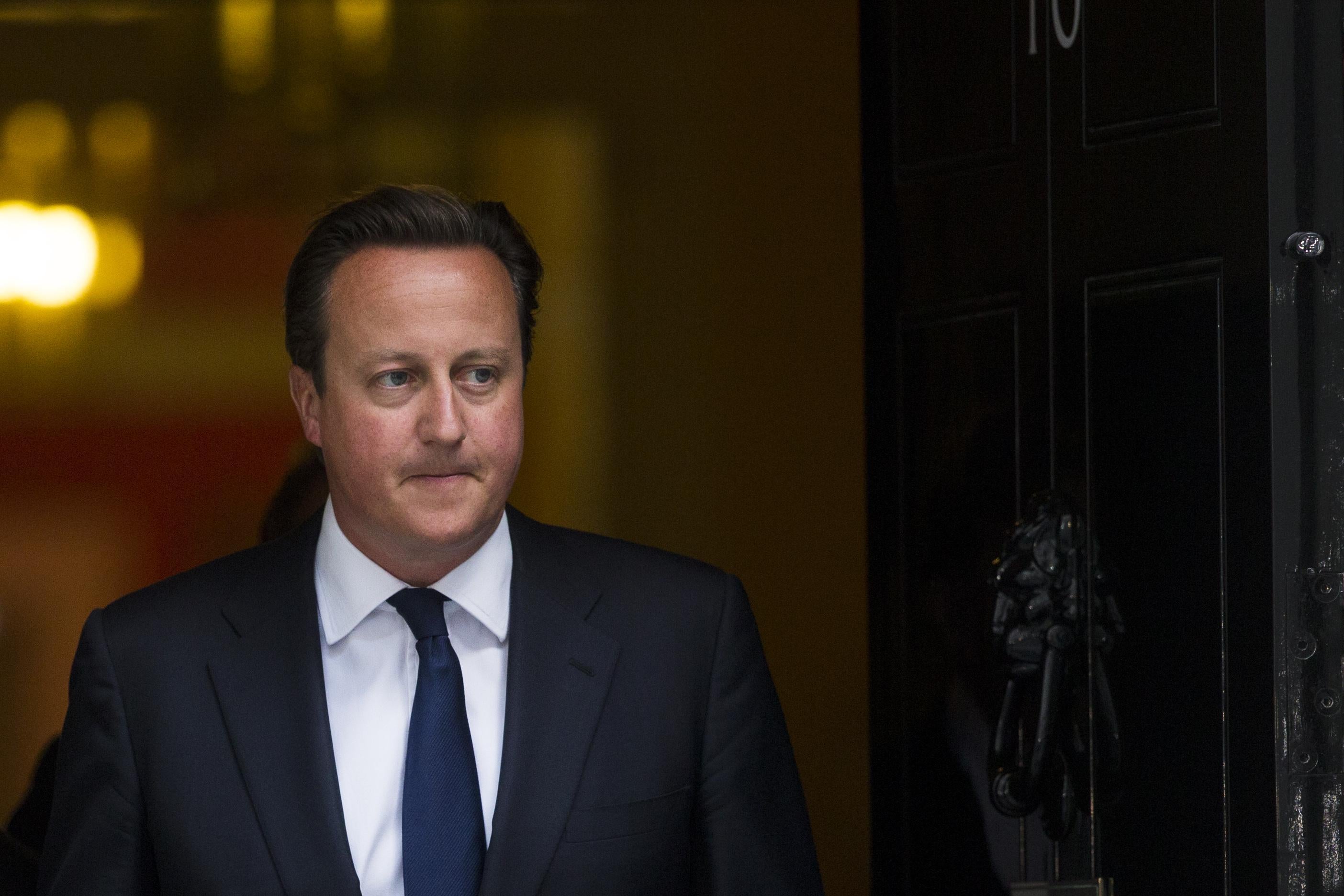LONDON—The last time the House of Commons voted against the government on an issue of war was Feb. 27, 1782. That vote was on whether to keep up the war against the 13 rebellious Colonies. It failed by 19 votes, and PM Frederick North is remembered to have reacted by wheezing, “Oh God, it’s all over.” North resigned less than a month later.
So you can see why the British press has reacted to last night’s defeat of the Syria resolution as an apocalyptic failure for the government of Conservative PM David Cameron. He lost 30 members of his own party and nine members of the Liberal Democrats who make up the rest of his coalition. It certainly looked bad, with education secretary Michael Gove shouting “you’re a disgrace” at the Tory rebels, reportedly being restrained by his colleagues before he went too far.
The headlines reflected the sense of the shambles. Among them: “The Humbling of Cameron” (the Daily Mail), “Obama’s Syria Plans in Disarray” (the Guardian), “No to War, Blow to Cameron” (the Telegraph). The most pungent little commentary I saw came in a cartoon in the Mail—the conservative paper that, on other pages, reminded readers that it had “warned the prime minister” about “the folly of wading into this bloody morass.” The illustration portrayed David Cameron giving an “I Have a Dream” speech, imagining himself as “Statesman Man” lobbing missiles. Alas!
 There’s no spinning away the failure for Cameron, who called the House back early to hold this vote. His unsuccessful pitch acknowledged some of the reasons for skepticism, while appealing to holdouts to stick with “my good friend and ally, the American president.” Cameron, who voted for the Iraq War, said he was “deeply mindful of the lessons of previous conflicts and in particular the deep concerns in the country caused by what went wrong with the Iraq conflict.”
There’s no spinning away the failure for Cameron, who called the House back early to hold this vote. His unsuccessful pitch acknowledged some of the reasons for skepticism, while appealing to holdouts to stick with “my good friend and ally, the American president.” Cameron, who voted for the Iraq War, said he was “deeply mindful of the lessons of previous conflicts and in particular the deep concerns in the country caused by what went wrong with the Iraq conflict.”
But this is not like Iraq. … We are not invading a country. We are not searching for chemical or biological weapons. We must not let the spectre of previous mistakes paralyze us.That wasn’t enough, obviously, for Labour members who saw a chance to embarrass the government; if it put Barack Obama on the defensive, so be it. Cameron’s said “the government will act accordingly” with the vote, which means, potentially, that the U.K. can’t allow the U.S. to use its air bases to launch attacks. Faith in the government—any government—to get involved in another Middle East adventure remains totally depleted, and that lack of faith is easy to exploit.
